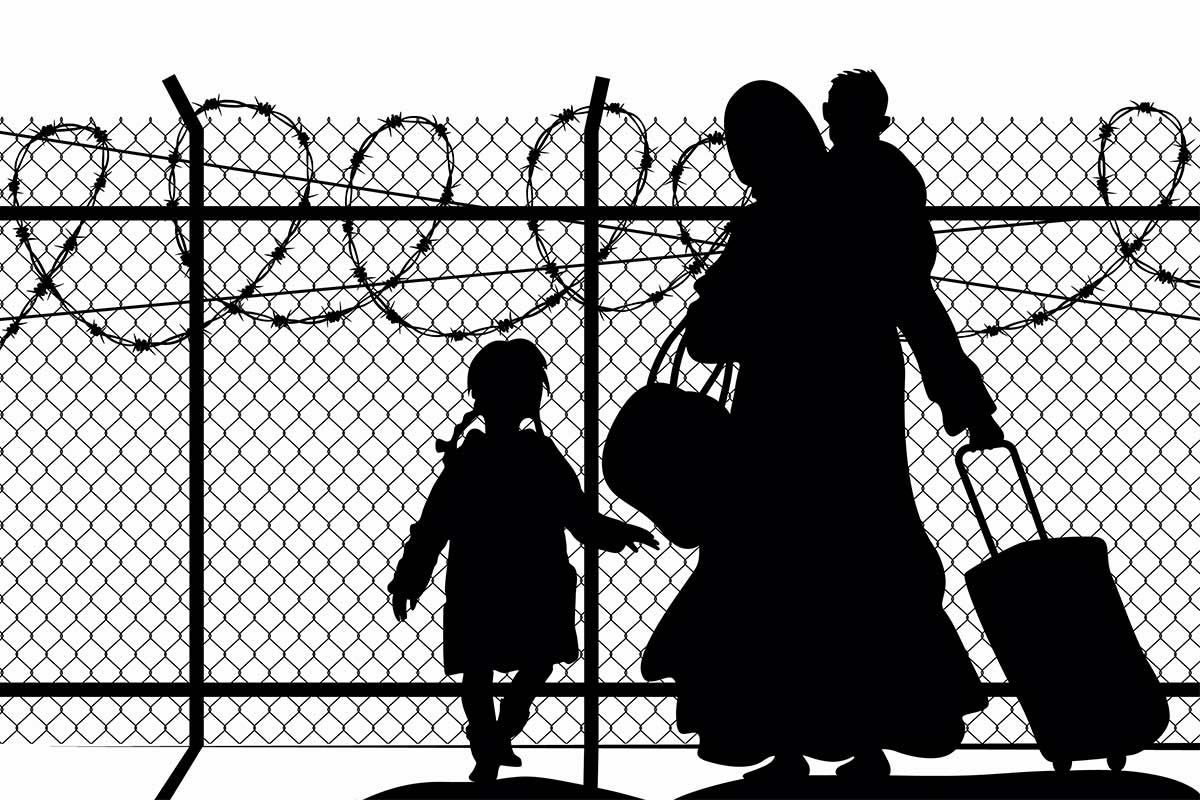“Carry each other’s burdens, and in this way you will fulfill the law of Christ.”
Galatians 6:2 NIV
Over the last few days, I have been hearing a few news articles about how the 15th March 2021 marked the 10th anniversary of the conflict in Syria. I will admit that the Syrian conflict has drifted to the back of my mind (like it probably has for most of the Anglican Life readers out there). Because I have never experienced war first-hand, it is easy to for me to forget about ongoing international conflicts, so I appreciated the recent coverage.
While I was out driving this evening, I happened to hear a radio interview with a Syrian doctor on CBC’s As It Happens. He was recounting all the horrible things that have happened in Syria, including the Assad regime’s use of chemical weapons and targeted attacks on hospitals and medical staff in “rebel” territories. None of what he was recounting was news to me. As the United Nations Secretary General, Antonio Guterres, recently said, “Syria has fallen off the front page. And yet, the situation remains a living nightmare.”
But what really struck me was when the doctor started talking about the future of Syria. He was clearly a man who loves his country and wants to see a bright future. He has continued to care for people over the last 10 years, as best he can with limited resources, despite constant threats to his life and freedom. Many of his hospital colleagues, including the accountants, have been jailed or killed, simply because they provide care to the “rebels”.
Yet when asked about whether he thought the next generation of young Syrians were already “lost”, he was very pessimistic.
I don’t remember his exact words, but it was something along the lines of, “How can a child with no education contribute to the future of Syria”, “children with no education, who have seen their mothers killed, their fathers killed, who have been left as amputees, who are living in a refugee camp—how can they rebuild Syria”. It’s hard to argue with him on that point. When all a child knows is war, how can they envision a future without it?
A few years back, Canada made a push to get Syrian refugees to safety here in Canada. I know lots of faith groups that worked hard and pooled their resources to help Syrian families resettle and adjust to their new life in Canada. Yet, there are over 3 million Syrians living as unsettled refugees outside Syria and about half of the country’s population is understood to be displaced—just like Newfoundlanders who eventually want to come home, most of these refugees and displaced Syrians will want to eventually return “home” as well. Sadly, I expect that the “home” they return to will be very different from the “home” they remember; for many, it will be a new reality of destruction and trauma.
I don’t have any answers. All I know is that, like many conflicts that drag on and on, they can easily fade from memory. I can only hope is that this article has brought Syria and its people back in your thoughts for a little while. Our Syrian brothers and sisters will be facing hardship for decades to come, whether it be war or the challenge of rebuilding and healing. Please continue to pray for them.
If you would like to know more about the ongoing conflict in Syria and its impact on children, check out UNICEF Syrian Crisis page at www.unicef.org/emergencies/syrian-crisis
For more information and resources on social justice, check out www.kairoscanada.org


